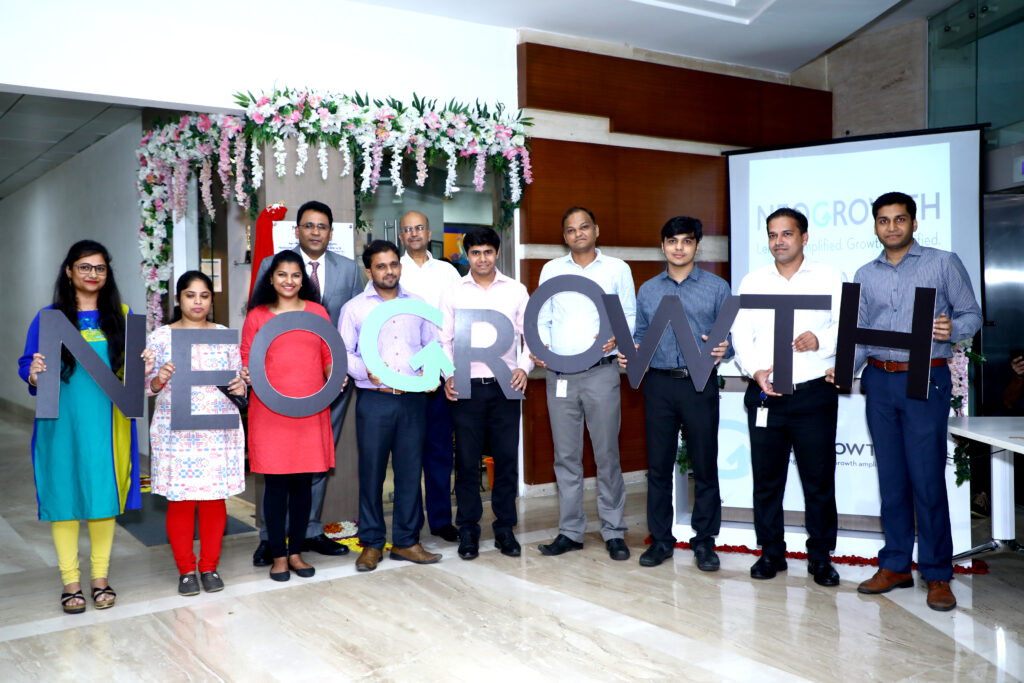Coming into 2020, emerging and frontier markets were enjoying a secular trend toward greater financial inclusion. To take just one example, the share of adults with an account at a financial institution or a mobile money provider across developing countries had grown from 42% in 2011 to 63% in 2017.1
MicroVest, alongside other microfinance and impact fund managers, as well as development finance institutions (DFIs), played an important role in these advancements. By channeling funding to Responsible Financial Institutions (RFIs) across emerging markets, our work was enabling local platforms to grow their footprints and expand their services. In addition, the expansion of digital technology was contributing to an explosion in ‘fintech’ companies across emerging markets, which in turn were accelerating the adoption of more financial services.2
Then Came COVID-19
As the world went into lockdown, the institutions in MicroVest’s portfolio worked swiftly to adapt to new regulations and protocols that brought a temporary change to their operations. Many small businesses were forced to shut their doors and people were told to stay home, leading to a sharp contraction in cash flows. While numerous governments implemented payment moratoriums to protect vulnerable businesses and households, many financial service providers faced liquidity pressures. Yet, amidst these pressures, RFIs worked proactively with their affected customers to customize new financing terms with this new reality.
Our RFIs were encouraged to follow government mandates on reduced branch staffing, sanitation requirements, and physical distancing efforts. MicroVest proactively reached out to each of our RFIs to glean a clearer understanding of their needs through this challenging period and collaborated to implement a monthly reporting framework to ensure that we had a clear and continuous understanding of the challenges confronting them and how to best address those most impacted.
In May, MicroVest announced a Memorandum of Understanding with eight other Microfinance Investment Vehicles (MIVs) with a cumulative $15 billion of assets under management to coordinate forbearance efforts. With this commitment to transparency and alignment among market participants, we were able to establish protocols and processes that facilitated assistance for borrowers that were struggling to deal with liquidity issues. This, when needed, included temporarily pausing some principal payments, and provisioning for refinancings and restructurings where necessary so that RFIs could focus on providing assistance to their most affected clients.
RFI have become even more critical throughout COVID-19, providing much needed financing that keeps businesses afloat and provides a lifeline to underserved populations.
As authorities started reopening economies in late May and early June, monthly reporting from RFIs revealed that most portfolio companies were poised to bounce back fairly quickly, as many of these businesses remained essential to local communities.
Technology has also been critical throughout the pandemic. Just as we encouraged our RFIs to prioritize digital transformation, MicroVest has embraced technological solutions throughout our origination, investment and operational processes. We have conducted remote RFI monitoring and due diligence sessions, meeting with department managers to assess how they are adapting to the current business environment.
Prior to COVID-19, RFIs had become critical components of emerging markets’ financial infrastructure. RFIs have become even more critical throughout the crisis, by flexibly working with their clients to provide much needed financing that keeps businesses afloat and provides a lifeline to underserved populations. While the industry is not likely to return to pre-COVID-19 growth until at least 2021, the encouraging news is that a globally synchronized shutdown of economic activity affirms the MicroVest thesis: RFIs deliver tangible impact to millions of lives, and they, as well as the small businesses they finance, are resilient. RFIs are expected to play an integral role in the post COVID-19 economic landscape and will be a key factor in helping their local businesses and communities bounce back. Now more than ever, purposeful investing is about empowering these financial institutions to allow end borrowers to grow their businesses once again.

NeoGrowth is a non-bank financing company that provides loans to micro, small and medium enterprises (MSMEs) in India, particularly to consumer-facing retail businesses with rapid inventory turnover, such as groceries, pharmacies, gas stations, etc. With the onset of nation-wide lockdowns, the company implemented several measures to assist their customers, including:
–Payment deferments and moratoriums for stressed borrowers
–Enhanced tenors and easy pre-payment options
–Strengthened digital customer support capabilities; and
–Customer Education Campaigns, with tips on managing business and ensuring good health and safety.
Throughout this period, NeoGrowth was able to maintain a strong liquidity position, with $24 million in cash and cash equivalents on its balance sheet, as well as daily repayment and collection efforts providing additional liquidity.
In addition, NeoGrowth’s founders and employees voluntarily contributed to a COVID-19-relief fund that dispersed nearly $70,000 to 15 charitable organizations and NGOs serving marginalized communities throughout India. These funds enabled the provision of much-needed hygiene kits and food rations, while supplementing the work of a heavily burdened public health system.
[1] World Bank, Global Findex Database 2017.
[2] EMPEA Industry Statistics show that the number of emerging-market ‘fintech’ companies receiving venture capital or private equity investment grew from 52 in 2015 to 190 in 2019.